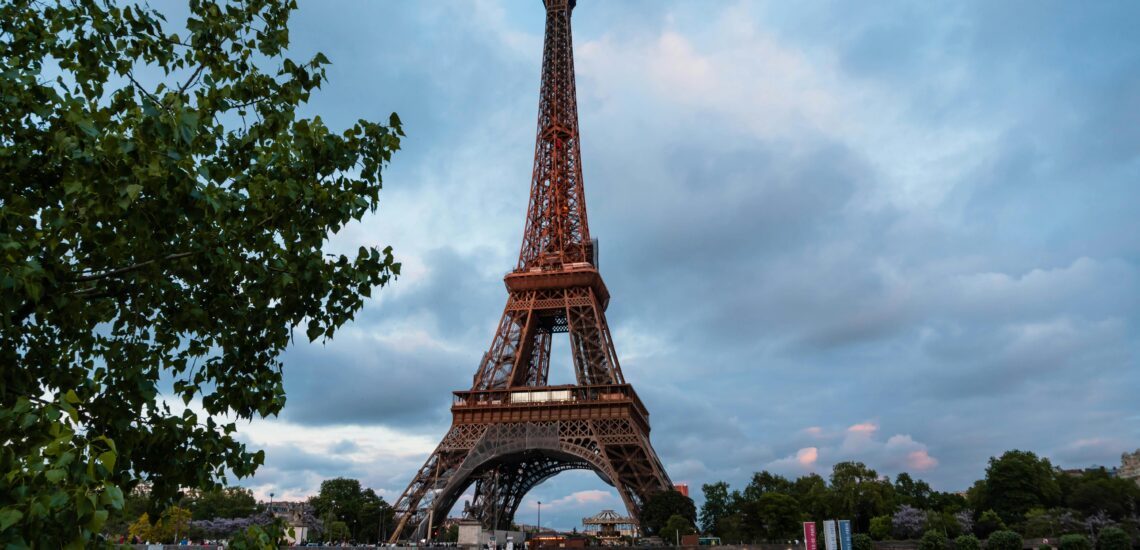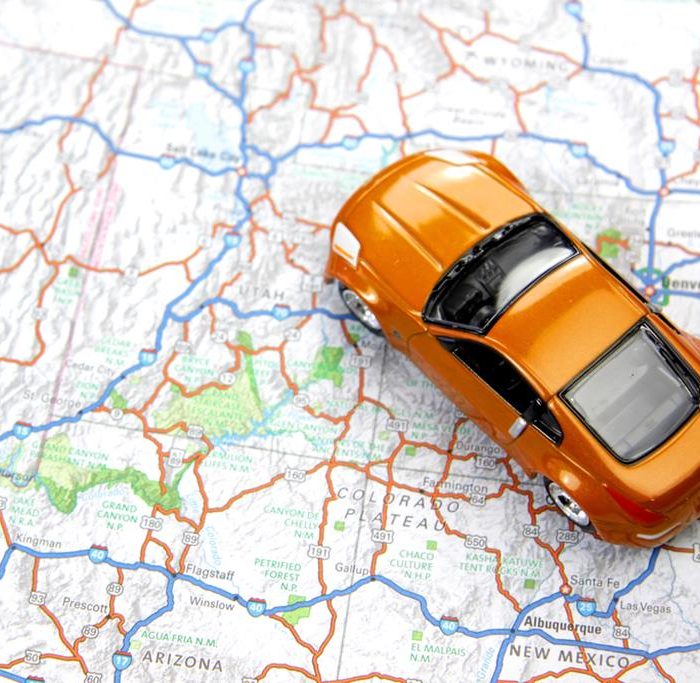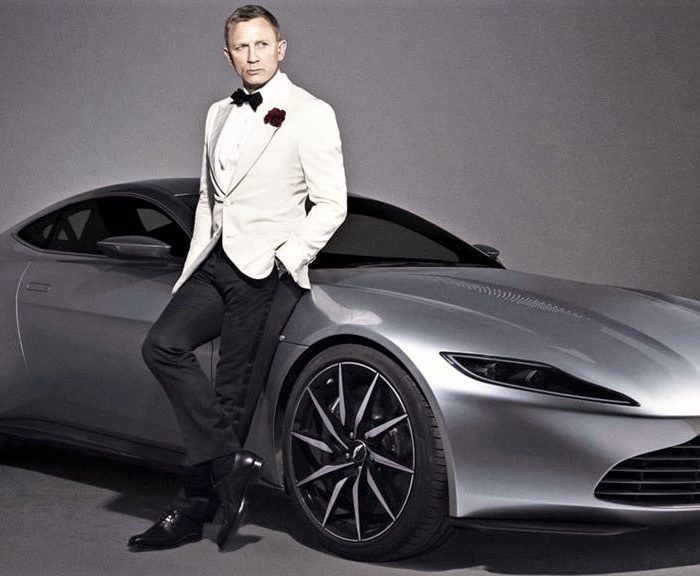France is a country that embodies grandeur and sophistication. Imagine the smell of freshly cooked baguette pastries, the sound of an accordion on the narrow streets of Montmartre and incredible views of the Eiffel Tower in the setting sun.
1. Paris
France is famous for Paris, the dazzling capital that effortlessly blends romance, culture, and history. The most famous places in Paris around the world:
- Eiffel Tower: An iconic symbol of Paris and France, the Eiffel Tower stands as a masterpiece of architecture. Visitors can ascend for panoramic views of the city.
- Louvre Museum: One of the world’s largest and most visited museums, the Louvre houses an extensive art collection, including the renowned Mona Lisa.
- Notre-Dame Cathedral: A masterpiece of French Gothic architecture, Notre-Dame Cathedral on the Île de la Cité is famous for its stunning facades and intricate interiors.
- Arc de Triomphe: Dominating the western end of the Champs-Élysées, the Arc de Triomphe is a monumental arch that honors those who fought and died for France in the French Revolutionary and Napoleonic Wars. It offers impressive views of the city from its observation deck.
- Seine River: The Seine River winds through the heart of Paris, offering scenic boat cruises that pass by iconic landmarks like the Eiffel Tower, Notre-Dame Cathedral, and the Louvre. Its picturesque bridges and riverbanks contribute to the city’s romantic charm.
- Champs-Élysées: One of the world’s most famous avenues, the Champs-Élysées is lined with theaters, cafes, and shops. It stretches from the Place de la Concorde to the Arc de Triomphe, making it a vibrant and iconic thoroughfare.
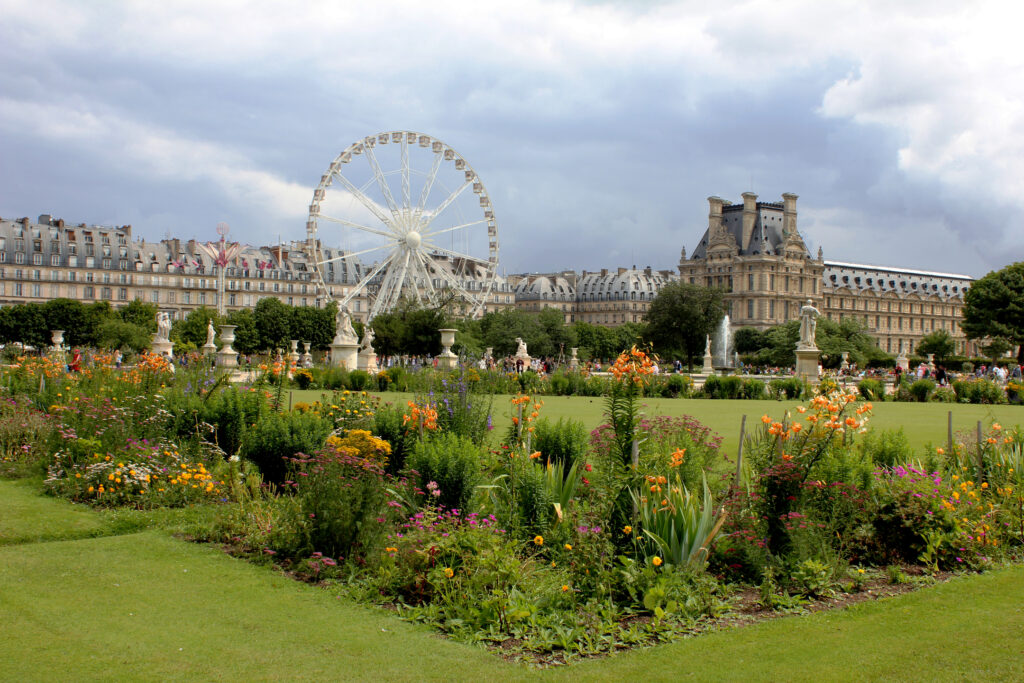
2. Cooking
France is a true paradise for gourmets. Here you can enjoy fine wines, a variety of cheeses and, of course, countless types of French cuisine. I recommend you to try croissants and buns with butter – they are incredibly delicious!
3. Fashion
Another important element of French life is fashion. Paris is the fashion capital of the world and a stroll through its boutiques will be a real treat for lovers of stylish clothes. Be inspired by the elegance of Parisians and find something special for yourself.
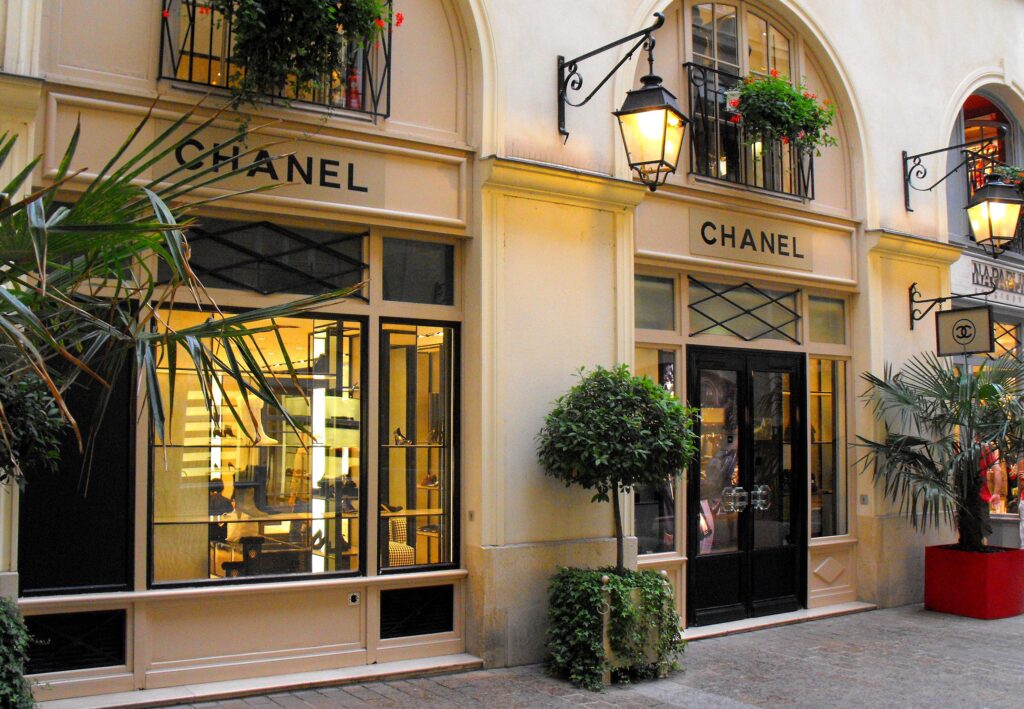
4. Parfumes
France is famous for its exquisite perfumes, thanks to the unmatched skill of French perfumers and the country’s status as the global capital of perfume, particularly centered in Grasse. The artistry, high-quality ingredients, and a rich tradition make French perfumes a symbol of luxury and elegance worldwide.
5. Cheeses
France is renowned for its cheeses due to the richness of local traditions, the diversity of cheese-producing regions, and the high craftsmanship of French cheesemakers. The country produces over 1200 varieties of cheese, each with its unique flavor and character.
France is known for its excellent quality of milk, sourced from meticulously cared-for herds. The diversity of French landscapes and climatic conditions contributes to the production of various types of cheeses.
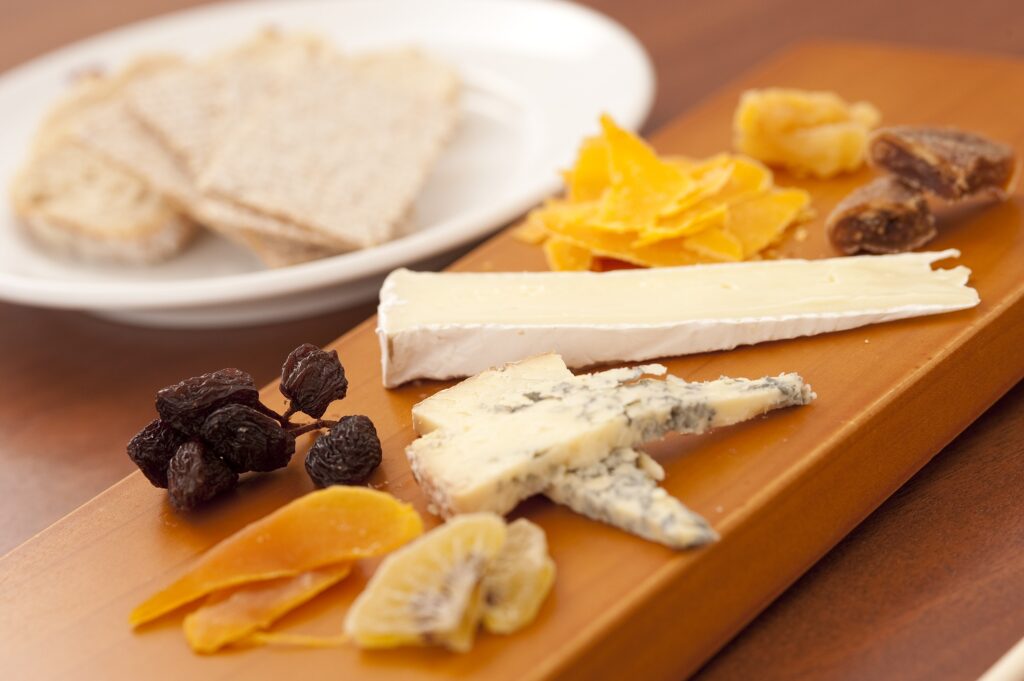
6. Wine & champagne
France is famous for its exceptional wines and champagnes. Regions like Bordeaux, Burgundy, and Champagne produce diverse, high-quality wines with unique characteristics. French winemaking, deeply rooted in culture and tradition, sets a global standard. From rich Bordeaux blends to elegant Burgundy varietals and iconic Champagne, France remains a top destination for wine enthusiasts.
7. Tour de France
The Tour de France is a prestigious and iconic annual bicycle race held in France. It is one of the most famous and challenging cycling events globally, attracting top cyclists from around the world. The race covers diverse terrains, showcasing the picturesque landscapes of France. With its rich history and tradition, the Tour de France is a symbol of endurance, sportsmanship, and the beauty of competitive cycling.

8. The French Revolution
The French Revolution was a pivotal period in the late 18th century when radical political and social changes reshaped France. Beginning in 1789, it marked the end of absolute monarchy, sparked by economic hardships, social inequality, and widespread discontent.
The revolution led to the rise of the National Assembly, the storming of the Bastille, and the establishment of the First French Republic. It brought about profound societal changes, including the Reign of Terror and the execution of King Louis XVI and Queen Marie Antoinette.
Ideals of liberty, equality, and fraternity emerged, influencing subsequent political movements globally. The French Revolution left an indelible mark on France’s political landscape, serving as a catalyst for modern democratic principles and inspiring movements for social change worldwide.
9. Napoleon Bonaparte
Napoleon Bonaparte, born in Corsica in 1769, rose through the ranks during the French Revolution. His military acumen led to political prominence, culminating in his self-declaration as Emperor of the French in 1804. Napoleon’s brilliant military campaigns expanded the Napoleonic Empire across Europe.
Despite his victories, such as Austerlitz, his ambition for European dominance eventually led to setbacks. The failed invasion of Russia in 1812 and the defeat at Leipzig in 1813 weakened his rule. Exiled to Elba in 1814, he briefly returned in 1815 during the Hundred Days but suffered a final defeat at Waterloo.
Exiled again, this time to Saint Helena, Napoleon died in 1821. His legacy includes military strategies, the Napoleonic Code influencing legal systems, and his impact on European geopolitics, even though his empire ultimately collapsed.

10. Disneyland Paris
Located in Marne-la-Vallée, is a magical theme park and resort inspired by Disney’s enchanting characters and stories. Divided into Disneyland Park and Walt Disney Studios Park, it offers a mix of classic Disney attractions, thrilling rides, and live entertainment. Visitors can meet beloved Disney characters, experience iconic attractions like Sleeping Beauty Castle, and enjoy themed lands such as Adventureland and Fantasyland. The resort also features hotels, shopping, and dining options, providing a complete Disney experience for visitors of all ages.
11. The Mont Blanc
France is famous for Mont Blanc, the highest peak in the Alps at 4,809 meters. It serves as a natural border between France and Italy and is a magnet for outdoor enthusiasts. The region, including Chamonix, offers hiking trails and stunning alpine landscapes. Mont Blanc is a popular destination for mountaineers, and the Aiguille du Midi cable car provides breathtaking views. It symbolizes natural beauty and adventure in the heart of the French Alps.
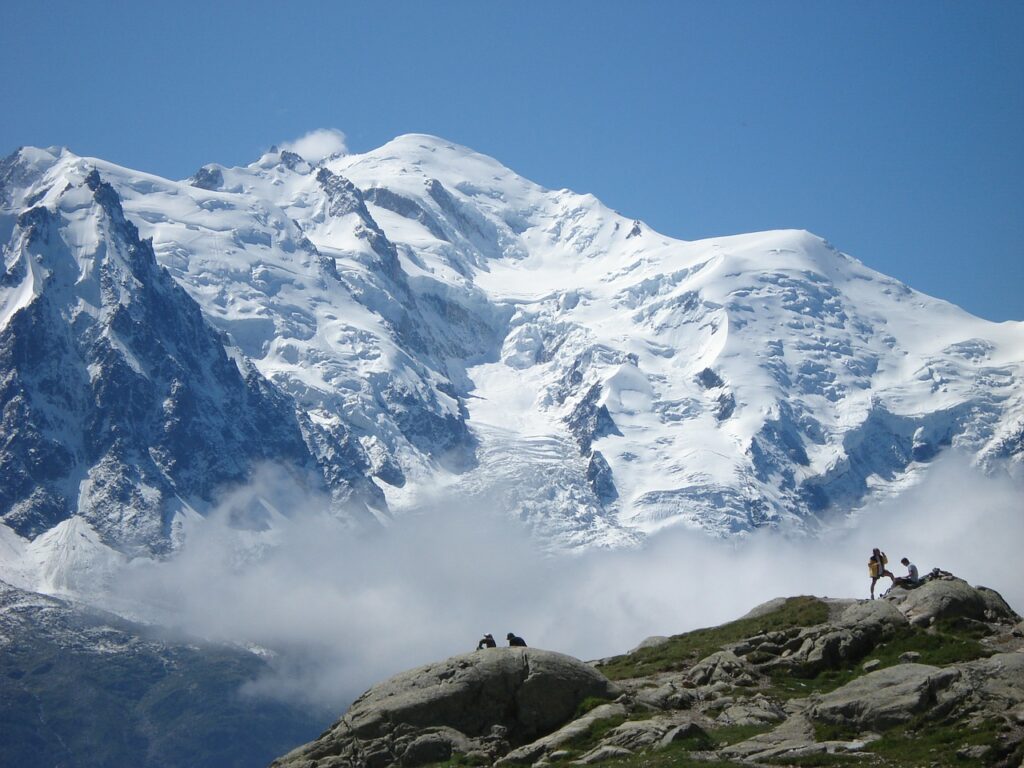
12. Baguettes and Croissants
Baguettes and croissants are iconic symbols of French cuisine. Baguettes, long and slender loaves with a crisp crust, are a daily staple known for their simplicity. Croissants, flaky and buttery pastries, are a quintessential French breakfast delight, enjoyed plain or filled. Both represent the art of French baking, celebrated for their exquisite taste and cultural significance.
13. The French Riviera
France is famous for The French Riviera, also known as the Côte d’Azur, due to its breathtaking Mediterranean coastline. Renowned for its stunning beauty and sophistication, the French Riviera spans from Saint-Tropez to the Italian border.
This glamorous region is a haven for the rich and famous, offering picturesque beaches, charming seaside towns, and a sun-drenched climate. Its allure lies in glamorous resorts like Cannes and Nice, where visitors can indulge in luxurious amenities, haute cuisine, and a vibrant cultural scene.
The French Riviera is characterized by azure Mediterranean waters, exclusive boutiques, and world-class nightlife, making it an iconic symbol of opulence and style. Its combination of natural splendor and luxurious offerings has established the French Riviera as a premier destination, attracting visitors seeking both relaxation and the epitome of chic living.
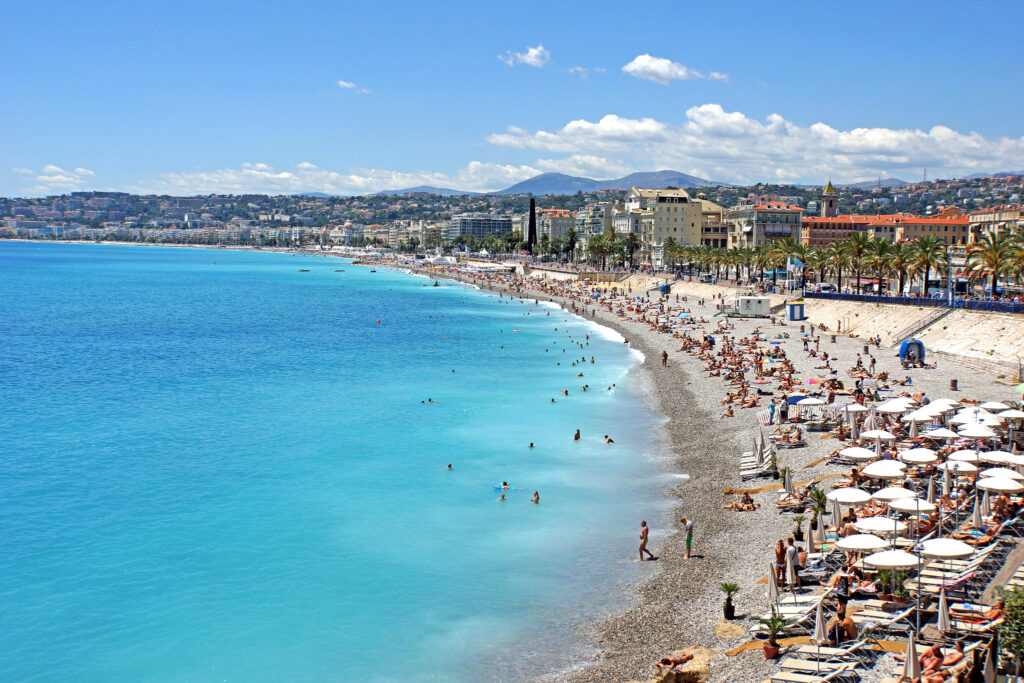
14. Hundred Years’ War and Joan of Arc
France is famous for the Hundred Years’ War due to its significant historical impact and enduring legacy. This protracted conflict, lasting from 1337 to 1453, was primarily fought between the Kingdom of England and the Kingdom of France over territorial disputes and the English claim to the French crown.
The Hundred Years’ War saw iconic military leaders like Joan of Arc, who played a pivotal role in the French resurgence. Notable battles such as Agincourt and Orleans are etched in history, showcasing the resilience and strategic prowess of both sides.
The war ultimately contributed to the strengthening of French nationalism and the decline of medieval chivalry. Its conclusion marked the end of the feudal era and set the stage for the Renaissance. The Hundred Years’ War is a crucial chapter in French history, symbolizing the nation’s endurance, evolution, and emergence as a unified and powerful entity.
15. Normandy Invasion
France is famous for the Normandy Invasion, a pivotal military operation during World War II. Executed on June 6, 1944, it marked the Allied forces’ successful landing on the beaches of Normandy, a turning point that ultimately led to the liberation of Western Europe from Nazi occupation. The Normandy Invasion, also known as D-Day, played a crucial role in the defeat of Nazi Germany and the restoration of freedom and democracy in Europe.

16. Battle of Verdun
France is famous for the Battle of Verdun during World War I, often referred to as the “Verdun Meat Grinder.” Fought from 1916 to 1917, it was one of the longest and bloodiest battles in history. The relentless fighting symbolizes French resilience and determination during the war. The term “meat grinder” reflects the intense and destructive nature of the conflict, underscoring the immense human toll and sacrifice endured by both sides.
17. Football
France is renowned in football for its rich history, top-notch players, and globally acclaimed clubs. The national team’s success, particularly winning the 1998 FIFA World Cup and the 2018 World Cup, has solidified France’s status as a football powerhouse.
Some of the most famous French football players include Zinedine Zidane, Michel Platini, Thierry Henry, and Kylian Mbappé. Zidane, in particular, is celebrated for his exceptional skill and leadership, having played a pivotal role in France’s 1998 World Cup victory.
Internationally acclaimed French football clubs include Paris Saint-Germain (PSG) and Olympique de Marseille. PSG, with its star-studded lineup and significant investments, has become a global football brand. Olympique de Marseille has a storied history, including winning the UEFA Champions League in 1993, making it a well-recognized name in football worldwide.
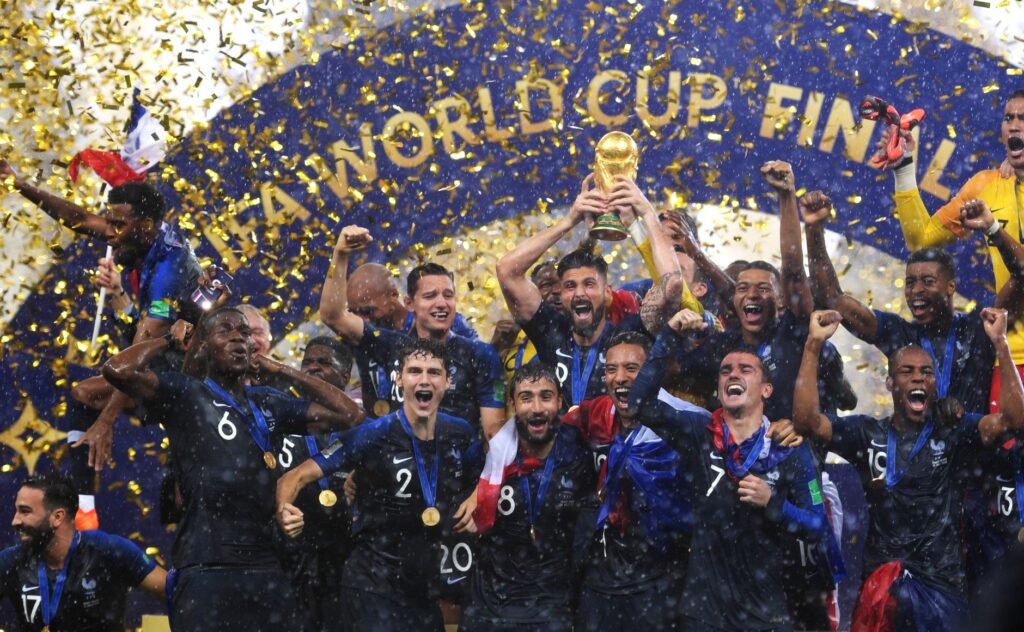
18. Unusual culinary delights
France is famous for its culinary delights, and among them, the consumption of snails (escargots) and frogs’ legs is notable. These dishes are considered delicacies in French cuisine, showcasing the country’s gastronomic diversity and commitment to culinary artistry. Snails, often prepared with garlic and parsley butter, and frogs’ legs, typically pan-fried or sautéed, reflect the French penchant for elevating unique ingredients into gourmet experiences. These dishes have become cultural symbols, attracting both locals and adventurous food enthusiasts from around the world to savor the distinctive flavors of French gastronomy.
19. Cinema
France is renowned for its cinema, celebrated globally for its artistry and cultural significance. Most famos french films:
- The 400 Blows (Les Quatre Cents Coups, 1959): Directed by François Truffaut, this film is a landmark in the French New Wave movement, telling the poignant story of a troubled young boy’s coming-of-age.
- Breathless (À bout de souffle, 1960): Directed by Jean-Luc Godard, this iconic film is a cornerstone of French New Wave cinema, known for its innovative style and rebellious spirit.
- Amélie (Le Fabuleux Destin d’Amélie Poulain, 2001): Directed by Jean-Pierre Jeunet, this whimsical romantic comedy captured hearts worldwide with its charming protagonist and enchanting Parisian setting.
- The Intouchables (Intouchables, 2011): Directed by Olivier Nakache and Éric Toledano, this heartwarming and humorous film tells the true story of an unlikely friendship between a quadriplegic aristocrat and his caregiver.

20. Literature
France is renowned for its literature, a rich tapestry woven with the threads of literary giants and cultural masterpieces. From the classic works of Victor Hugo, Gustave Flaubert, and Alexandre Dumas to the existential philosophy of Albert Camus and Jean-Paul Sartre, French literature has left an indelible mark on the global literary landscape.
French authors have often explored profound philosophical and social themes, contributing significantly to the evolution of literary movements such as Romanticism, Realism, and Existentialism. The literary prowess of French writers, combined with their ability to capture the complexities of the human experience, has solidified France’s status as a beacon of literary excellence. From medieval troubadours to contemporary novelists, France’s literary heritage continues to captivate readers worldwide.
Also France is famous for “The Three Musketeers,” a classic novel written by Alexandre Dumas. The story, set in 17th-century France, follows the adventures of d’Artagnan and his three companions Athos, Porthos, and Aramis. Known for themes of friendship, chivalry, and swashbuckling action, the Musketeers have become iconic symbols of courage and camaraderie. The novel’s enduring popularity has made the Musketeers cultural symbols, and their motto “All for one, one for all” is widely recognized, emphasizing unity and loyalty.
21. Auto industry
France is renowned in the auto industry for its innovation, style, and iconic brands. Notably, companies like Renault and Peugeot have been at the forefront of automobile manufacturing, producing vehicles that combine performance, design, and environmental consciousness. France’s contributions to the industry include pioneering developments in electric and hybrid vehicles, reflecting the country’s commitment to sustainable transportation. The French auto industry’s blend of innovation and heritage has made it a significant player globally.
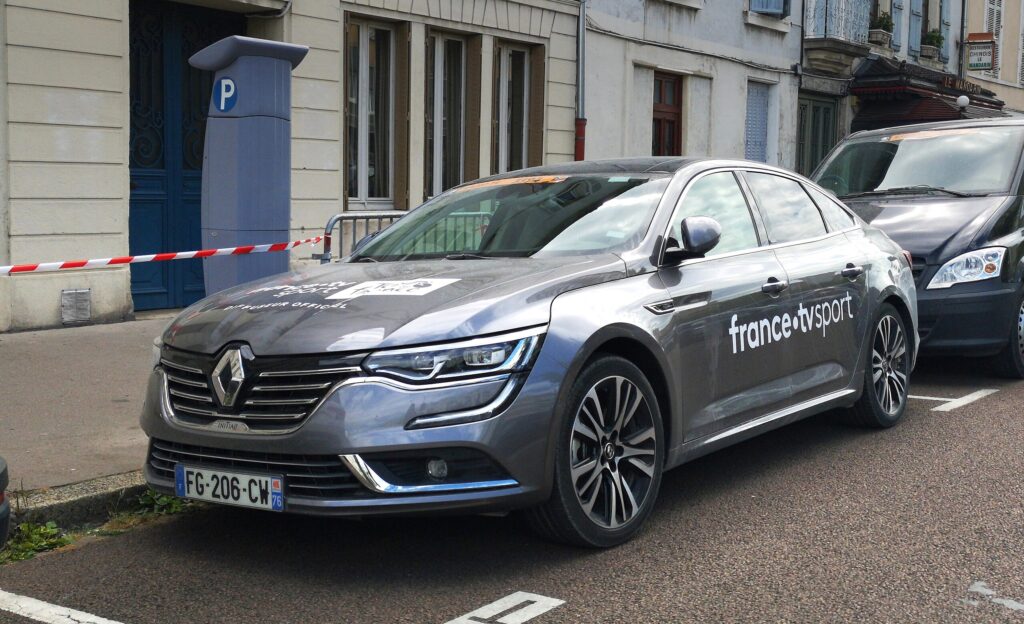
22. Airbus
France is famous for its involvement in Airbus, a leading global aerospace manufacturer. As a key founding member of the Airbus consortium, along with Germany, Spain, and the UK, France plays a crucial role in designing and producing innovative aircraft. The Airbus headquarters is located in Toulouse, France. The company is known for its groundbreaking aircraft designs, such as the A380, and its commitment to pushing the boundaries of aviation technology. France’s contribution to Airbus has solidified its position in the aviation industry, showcasing the nation’s prowess in aerospace engineering and manufacturing.
23. The Palace of Versailles
France is renowned for the Palace of Versailles, an opulent symbol of absolute monarchy. Built during the reign of Louis XIV, it showcases unparalleled architectural grandeur, lavish gardens, and the Hall of Mirrors, reflecting the pinnacle of French Baroque art. The palace’s historical significance, cultural impact, and stunning design contribute to its global fame as an emblem of France’s rich royal heritage.
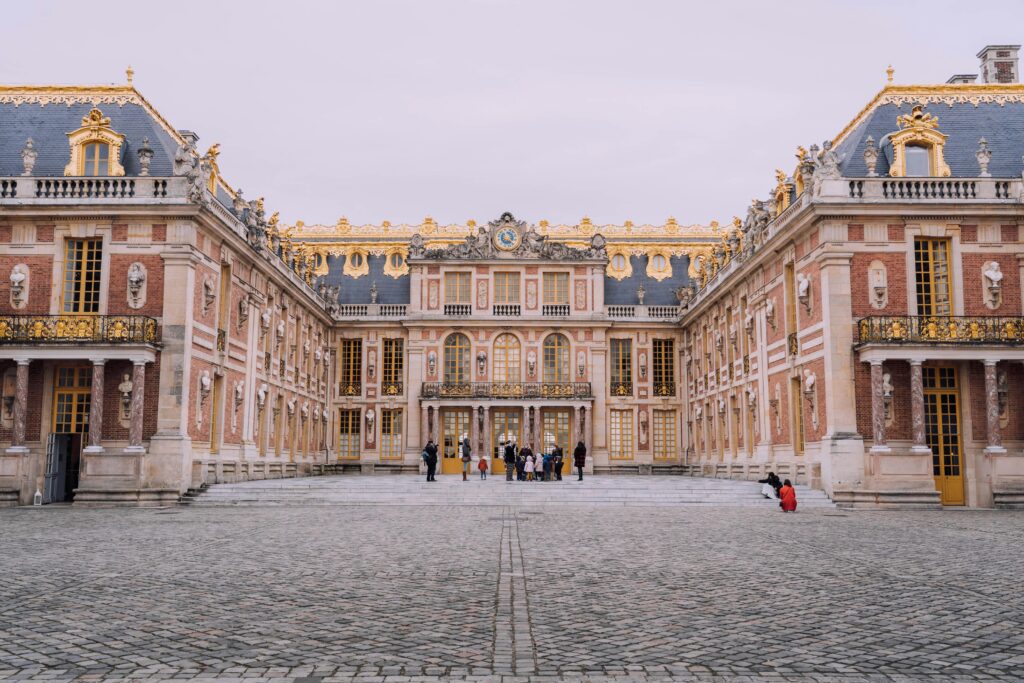
24. French kiss
France is famous for the “French kiss,” a romantic gesture that involves an intimate and passionate kiss with open mouths. Widely associated with French culture, the term reflects the perception of the French as experts in matters of love and romance. The French kiss has become a symbol of sensuality and is often considered a quintessential expression of affection and desire.
If you’ve been captivated by France like us and are ready to take a trip to France – check out our guide on how to driving in France. Check if you need an International Driving Permit in France before your trip.

Published November 26, 2023 • 12m to read

